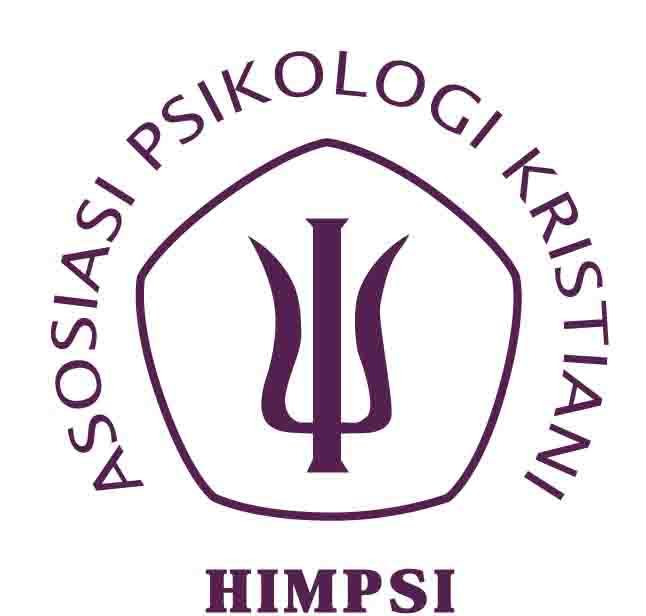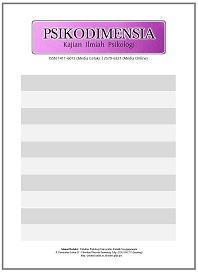The Journey To Recovery of Individuals Undergoing Rehabilitation: A Phenomenological Study
Abstract
Live experiences in phenomenological research denote an individual's first-hand engagement and direct experiences. Meaning-making experiences, in which individuals have a deep understanding and make their experiences significant by adding purpose and value to life. This study aimed to discuss the experiences of individuals undergoing rehabilitation and meaning-making through their journey to recovery. This phenomenological study used interviews as a qualitative method to gather data. An in-depth thematic analysis of the data was conducted. The findings revealed that four (4) superordinate themes emerged through thematic analysis: ambivalence in undergoing treatment, gradual changes in oneself, transformational experiences, and personal growth while receiving treatment. Low motivation, misconception, and adjustment to the new environment marked the experience of newly admitted drug dependents during the first phase of rehabilitation. Individuals receiving treatment have gradually experienced increases in motivation; development of healthy coping skills and strategies; and changes in their physical, behavioral, and psychological states. Understanding the participants' life events concerning receiving therapy was the essence of meaning making. Hence, this study concludes that the interventions and activities offered during recovery are meant to help people re-establish a new, healthy, and addiction-free life.
Keywords
Full Text:
PDFDOI: https://doi.org/10.24167/psidim.v23i2.12534
Print ISSN : 1411-6073 | online ISSN : 2579-6321 View My Stats

This work is licensed under a Creative Commons Attribution 4.0 International License.





















